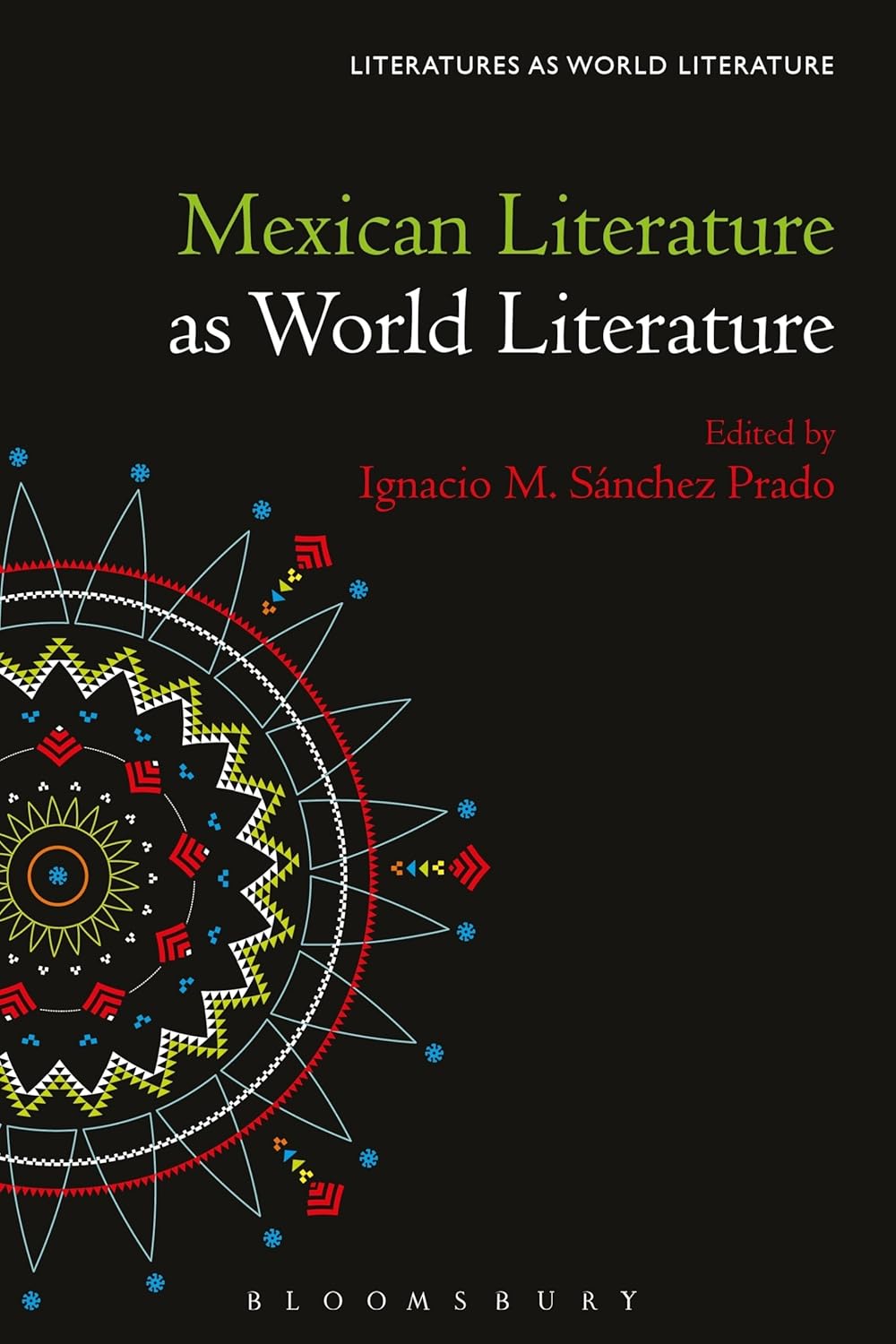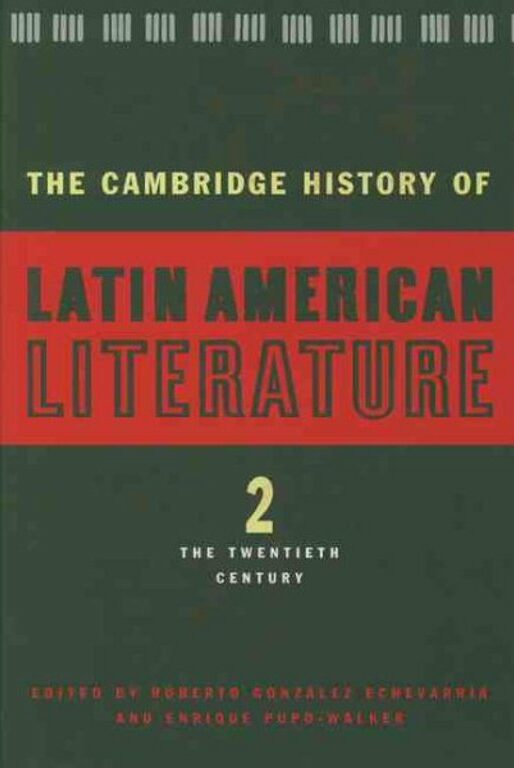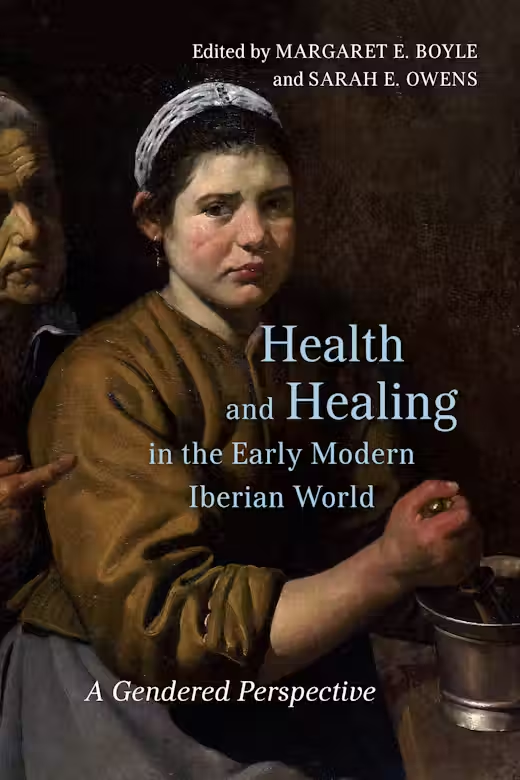Edited Collections
I am a great fan of edited collections — defined by topic, peer-reviewed, and carefully curated — as a mode of scholarly communication. In my experience, both as a contributor and co-editor, they provide opportunities for scholars to participate in a dialogue with specialists and non-specialists about emergent topics such as the Hispanic eighteenth century, health and medicine in early Iberian culture, the question of how concepts of world literature might be expanded and challenged by the inclusion of national literatures written in Spanish, or eighteenth-century deployments of the Black Legend of Spanish empire. In fact, my involvement early in my career with The Cambridge History of Latin American Literature (1996), when I was invited by co-editors Roberto González Echevarría (my dissertation advisor) and Enrique Pupo Walker to contribute an essay on eighteenth-century narrative, was foundational in the arc of my research trajectory.
“Other Empires. Eighteenth-century Hispanic worlds and a global Enlightenment.” In The Routledge Companion to the Hispanic Enlightenment. Edited by Elizabeth Franklin Lewis, Mónica Bolufer Peruga, and Catherine M. Jaffe, 17-29. New York: Routledge, 2020.
“Leche and lagartijas: Injecting the Local into Eighteenth-Century Spanish American Medical Discourse.” In Health and Healing in the Early Modern Iberian World. A Gendered Perspective. Edited by Margaret E. Boyle and Sarah E. Owens, 87-105. Toronto: University of Toronto Press, 2021.
“World-Making in the New Spain of the Eighteenth Century.” In Mexican Literature as World Literature. Edited by Ignacio Sánchez Prado. New York: Bloomsbury, 2021. Honorable Mention, MLA.
“Narrative Forms, Scholarship and Learning in the XVIII Century.” In The Cambridge History of Latin American Literature. Eds. Roberto González Echevarría and Enrique Pupo Walker. Cambridge University Press, 1996. 336-74.



